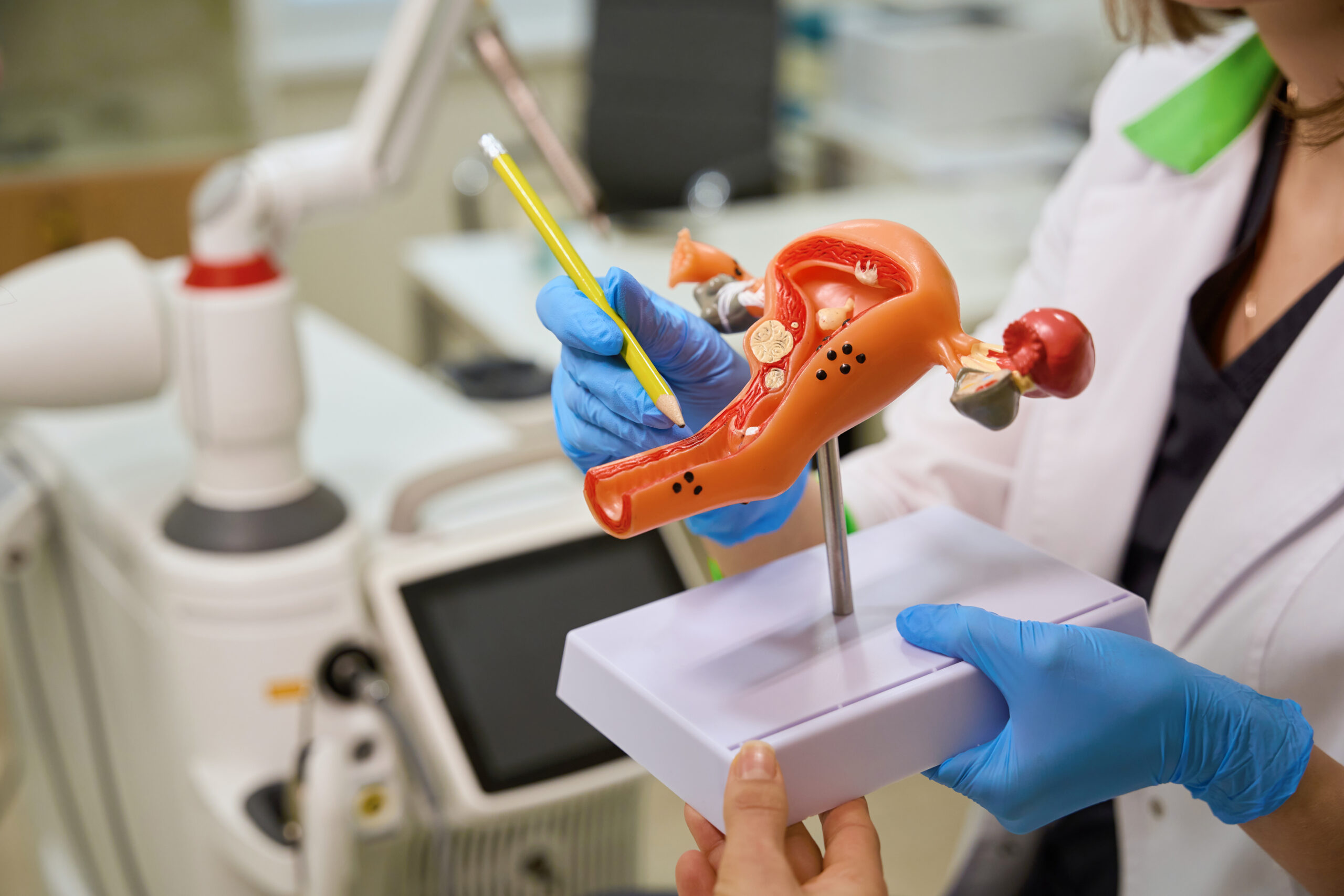Common Causes of Vaginal Dryness and How to Treat Them

Many women experience vaginal dryness at various stages of life. It may be due to hormonal changes, medications, or lifestyle factors. This condition can cause discomfort and impact the quality of life. Understanding the underlying causes and available treatments is key to finding relief.
What Causes Vaginal Dryness?
One of the most common causes of vaginal dryness is hormonal changes, particularly a decrease in estrogen levels. This often occurs during various life stages, such as:
- Menopause: As women approach menopause, the body’s production of estrogen decreases significantly. Estrogen maintains the health of vaginal tissues, keeping them lubricated and elastic. When estrogen levels drop, the vaginal walls can become thin, dry, and less flexible, leading to discomfort and even pain during intercourse.
- Postpartum and Breastfeeding: After childbirth and during breastfeeding, estrogen levels can also drop, leading to temporary vaginal dryness. This is a natural response to the hormonal shifts during this time.
Certain medications can also lead to vaginal dryness. These include:
- Antihistamines: Commonly used to treat allergies, antihistamines can have a drying effect on the body’s mucous membranes, including the vaginal tissue.
- Antidepressants: Some antidepressants may affect sexual function, leading to symptoms like vaginal dryness.
- Cancer Treatments: Women undergoing chemotherapy, radiation, or hormone therapy for breast cancer may experience significant reductions in estrogen levels, leading to vaginal dryness.
- Birth Control: Some birth control pills with lower doses of estrogen can also contribute to vaginal dryness. If you experience this side effect, it may be worth discussing alternative contraceptive options with your healthcare provider.
Stress is another factor that can impact vaginal health. High stress levels can interfere with hormone production and circulation, potentially leading to dryness. Additionally, smoking has been linked to reduced estrogen levels, which can contribute to the problem.
Finally, using harsh soaps, douching, or over-washing the vaginal area can disrupt the natural balance, leading to dryness and irritation. It’s important to use gentle, fragrance-free products designed for sensitive skin.
How to Treat Vaginal Dryness
Thankfully, there are several effective treatments for vaginal dryness. The best approach depends on the underlying cause and may involve a combination of therapies.
Vaginal Moisturizers and Lubricants
For many women, over-the-counter vaginal moisturizers can help maintain moisture and alleviate discomfort. These products are designed to be used regularly, similar to facial moisturizers. During intercourse, water-based lubricants can reduce friction and discomfort.
Hormone Replacement Therapy (HRT)
Hormone replacement therapy is another option, particularly for women experiencing vaginal dryness due to menopause. Localized estrogen therapy, such as creams, rings, or tablets, can be highly effective in restoring moisture and elasticity to the vaginal tissue. Discussing the benefits and risks with your healthcare provider before starting HRT is essential.
Vaginal Rejuvenation
For women seeking a more advanced solution, vaginal rejuvenation can be considered. This includes minimally invasive treatments like radiofrequency integrated devices to stimulate collagen production. The treatment can also involve platelet-rich plasma injections to improve the health of vaginal tissues.
Lifestyle Changes
Simple lifestyle changes can also make a difference. Staying hydrated, managing stress, and avoiding smoking can help improve vaginal health. Additionally, using gentle, fragrance-free soaps and avoiding douching can help maintain the natural balance of the vagina.
Schedule Your Consultation
If vaginal dryness is affecting your quality of life, don’t hesitate to seek help. There are many options available, from over-the-counter products to more advanced treatments like vaginal rejuvenation. If you need help figuring out where to start, Dr. Nalini Prasad at Laser Esthetica is here to help.
Schedule a consultation with Dr. Prasad today.







